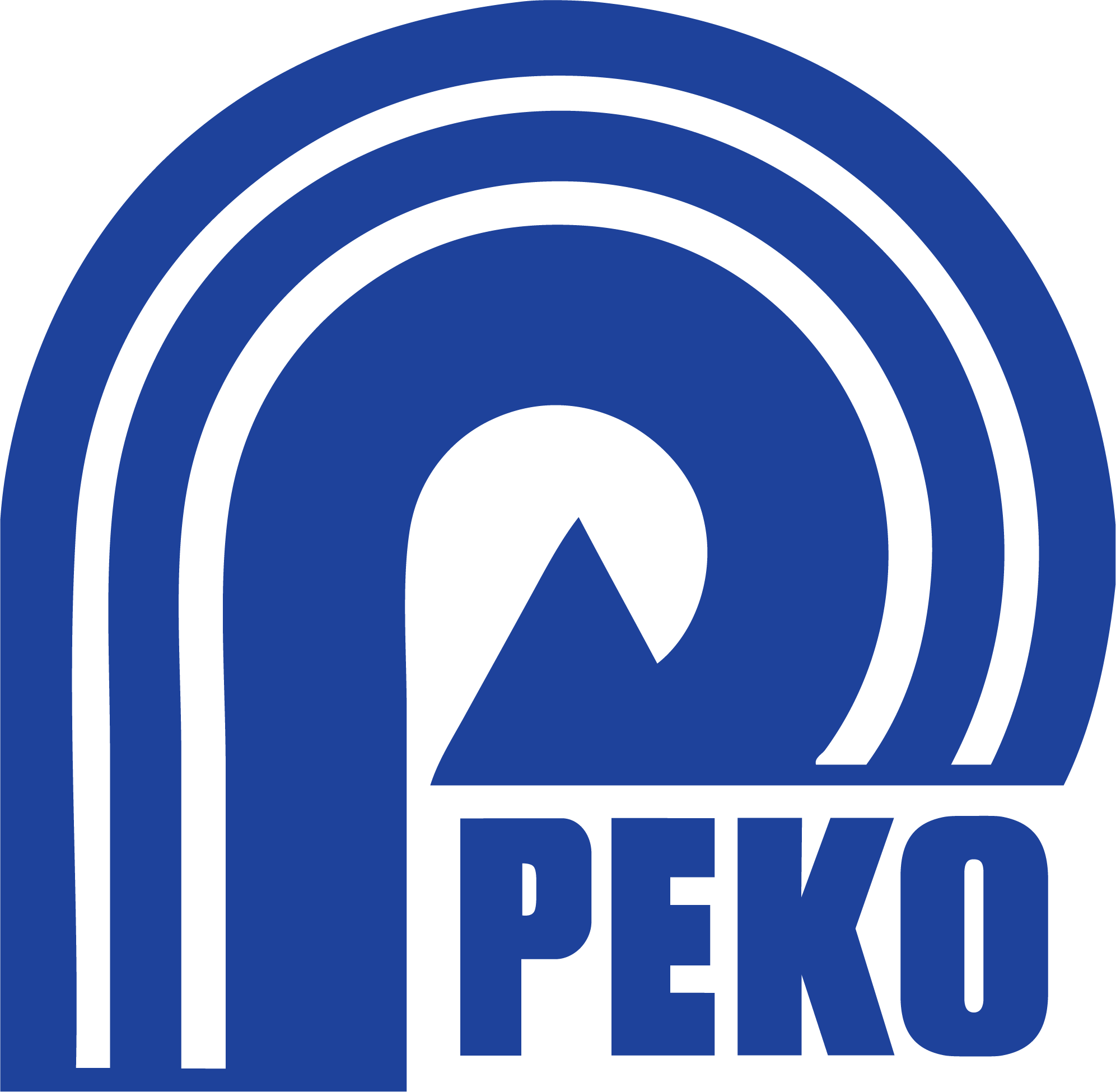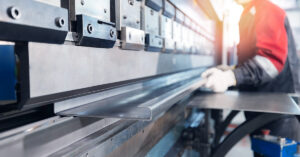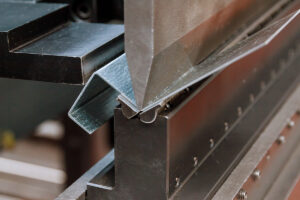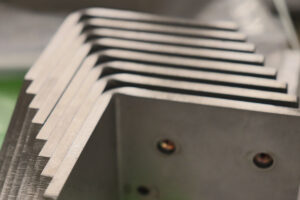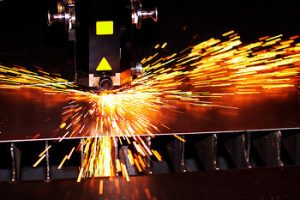
Most manufactured machinery and equipment these days utilize custom fabricated sheet metal components, along with others like CNC machined parts, structural frames, plastic injection molds, wire harnesses, and COTS items.
With sheet metal still taking a notable role in the manufacturing of things like machinery, equipment, and instrumentation, it’s important that OEMs get to know their fabrication contract manufacturing partner and how well its capabilities match with their needs.
Here at PEKO, we’re constantly working with OEMs to ensure that the sheet metal fabrication requested is consistent with the final requirements of the product and optimal manufacturing techniques.
We’ve noted some important points of interest regarding CNC machining, outsourcing assemblies, and low-volume contract manufacturing in some of our previous articles. Today, we’ll outline some important points that any OEM utilizing sheet metal fabrication contract manufacturing for their product should take into consideration.
1. Does the Fabrication Contract Manufacturer Specialize in Certain Quantities?
Sheet metal fabricators come in all shapes and sizes. Sometimes you’ll find what is basically a garage shop equipped with a couple of press brakes and a shear. In other instances, you’ll find 100,000 square-foot shops equipped with automated sheet feeders, robotic loaders, and even automated inventory management.
Each of these cases will suit a certain kind of customer. It’s important that you partner with the fabrication contract manufacturer that’s best suited for you.
Production Quantities Help Determine Capacity & Level of Service Required
By understanding the estimated yearly quantities of your sheet metal fabrication, one can distinguish the level of service and capacity he or she needs from the supplier. Here at PEKO, we typically work with production lot sizes of 10 to 500 fabrications per batch. For customers in this low- to mid-volume range, we can optimize how we use our equipment to offer competitive pricing, complicated parts, and acceptable lead times.
Production Quantities Help Determine the Warehousing Capacity Required
Another reason that production lot size is important to consider is that the supplier must be able to store both the raw materials and finished product. Finished sheet metal products that are formed and even welded tend to take up a lot of room. By understanding your yearly quantities, you can ensure the contract manufacturer has the room to handle, store, and package your product during the manufacturing process.
2. Does the Fabrication Contract Manufacturer Have Other Capabilities?
It doesn’t usually make sense to be a one-trick pony in the world of contract manufacturing. There is increasing pressure for additional value-added services coming from OEM customers. For folks in the sheet metal fabrication business, this usually entails more than just cutting and forming.
Because of this demand, many manufacturers are trying to add complementary services to their lines. A good sheet metal fabricator will typically have added capabilities like powder coat painting, welding, and even assembly to their repertoire. For more complex items like sheet metal frames and skins, additional CNC machining is often required to add tight tolerance holes.
Ultimately, ensuring your fabrication contract manufacturer is equipped with value-added capabilities at the source can help lower landed costs.
3. Does the Sheet Metal Manufacturer Offer Cost Down Suggestions?
If you are an OEM that is planning to outsource your sheet metal fabrications, it is critical to make sure the fit between the contract manufacturer and your needs is the right one.
 By understanding the quantities involved, the capabilities offered, and the cost-down suggestions that are provided by the supplier, a strong and fruitful partnership can be formed.
By understanding the quantities involved, the capabilities offered, and the cost-down suggestions that are provided by the supplier, a strong and fruitful partnership can be formed.
For a more detailed list of things to look out for in an ideal sheet metal fabrication partner, download our 8-question checklist to ask before selecting a sheet metal and welding fabricator.
Share article:
